Explore the advantages of In Situ Aggregation Kinetics with ARGEN!
Chris Roberts, a Professor at the University of Delaware (UD), explores the benefits of using in situ aggregation kinetics during this webinar which includes data collected on an ARGEN, a static light scattering instrument. The webinar also incorporates the presentation of two case studies where ARGEN assessed the stability of antibodies and non-antibody proteins. Dr. Roberts is the Director for the UD Center for Biomanufacturing Science & Technology, and he is considered a leading expert in biopharmaceutical engineering, aggregation, and modeling.
The In Situ Aggregation Kinetics Webinar discusses:
1) How in situ light scattering (rather than ex-situ scattering) can be a key technique to combine with orthogonal methods such as chromatography
2) Rethinking the design of aggregation kinetics experiments to better identify key reversible aggregation intermediates and competing pathways
3) How competing aggregation pathways can also be concentration-dependent
4) How ex-situ aggregation techniques can easily overlook the variability in aggregation rates of proteins and peptides
Meet the panelist

Dr. Christopher Roberts – Director at Univ. of Delaware’s Center for Biomanufacturing Science & Technology
Dr. Christopher Roberts is a Professor & the Director of the Center for Biomanufacturing Science and Technology at the Univ. of Delaware. He is also Director of the Biomolecular Interaction Technology Center and Site Director of the Center for Pharmaceutical Development. He is considered a leading expert in the fundamentals and applications of protein stability, aggregation, and kinetics.


